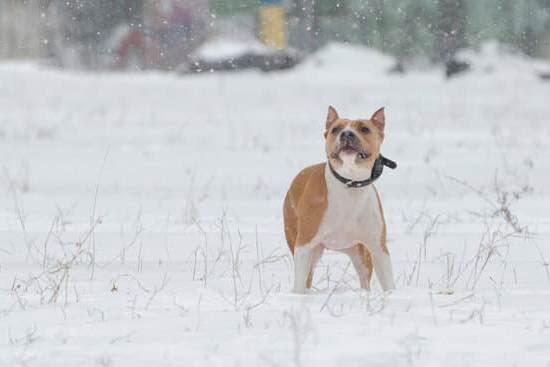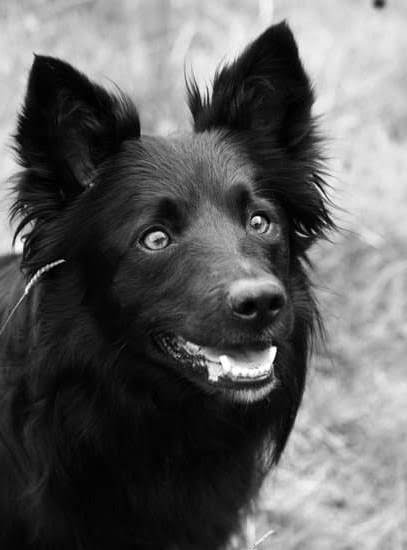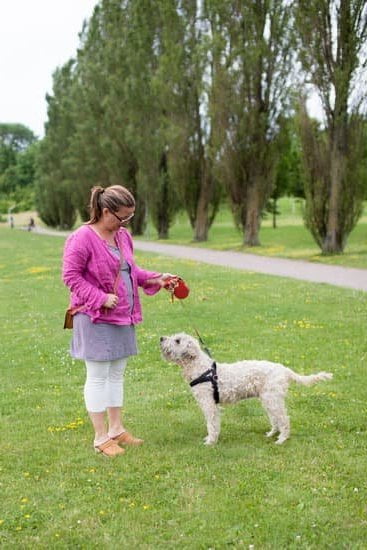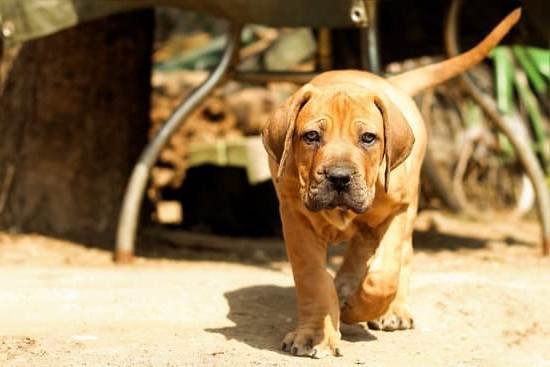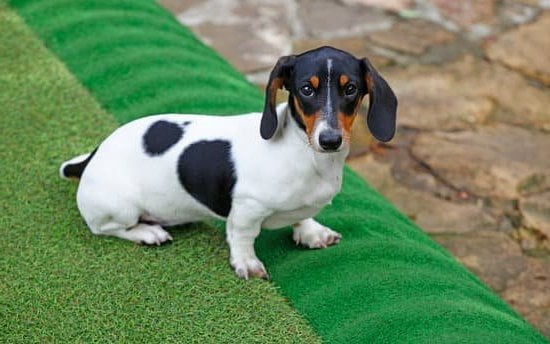Introduction
It’s quite common for pet owners to experience their dog pooping in the house, despite being potty-trained. In fact, research has shown that nearly 36 percent of dog owners have dealt with this issue at some point. This is problematic as it can become difficult to clean up after your pup, and put a strain on the relationship between you and your furry friend. So, why might a dog be pooping inside the house even if they’re already potty trained?
Analyzing Reasons
If your dog is still pooping in the house despite being potty trained, it is important to consider all possible factors that could be influencing their behavior. Age can be a large factor in whether or not your dog has successfully been potty trained. Puppies under the age of 4 months are still adjusting to their environment and learning proper etiquette so they may need more time and guidance before they have successfully mastered the skill of going where you want them to go. If your dog has been spayed/neutered it may also affect when your pup will learn to potty correctly as some surgeries can cause an imbalance in hormones that can make it harder for puppies to retain information. In addition, diet changes or even food allergies should always be taken into account when trying to determine why your furry friend isn’t responding positively to training efforts. The type of food you provide along with their response can help you determine if certain ingredients could be causing any sort of digestive issues that would manifest through pooping inside the home.
Take Action
One tool you can use to incentivize your dog to stop pooping in the house is positive reinforcement. Whenever your pup responds positively and eliminates outside, reward them with verbal praise and treats. And when they eliminate inside, don’t scold or rub their face in it – instead, ignore the behavior and clean up the mess without making a fuss. Additionally, crate training may be beneficial to reduce the chance of unwanted toileting indoors. Make sure that your pup has ample opportunity to relieve themselves before crating them by taking them outside several times a day to potty. If crate training is not feasible for you, puppy pads can supplement outdoor time by giving your dog an indoor potty space they can turn to if they are unable to get outside quickly enough.
Disciplinary Measures
If your dog is potty trained but sometimes continues to poop in the house, it may require disciplinary measures alongside a change in potty routine. One important way to communicate with your pup is through verbal cues. For example, if you catch them in the middle of pooping, firmly tell them “No” and take them outside or to the designated potty area immediately. Afterwards, give praise and reward your pet when they do go in the appropriate spot. Exercising body language, like looking away and maintaining a certain amount of distance can also help show your pup that inappropriate eliminations aren´t acceptable behaviors.
In terms of timing; it is essential to discipline your dog immediately after they exhibit an unwanted behavior for them to understand why they are being punished. Also, find out what triggers those accidents (e.g., eating too much) and avoid putting your pup into situations where they may be more likely to eliminate indoors while still giving them access to appropriate restroom areas as needed throughout their day.
Time and Patience
Consistency is key when it comes to potty training a dog. Here are a few techniques that can help keep you motivated and consistent with your puppy’s training:
1. Set a daily routine for your dog and stick to it – Feeding time, walk times, playtime etc. should all happen at approximately the same times every day so that you can establish an effective toilet-training schedule for your pup.
2. Positive feedback – Reward any successful attempts of going in the correct spot with lots of verbal praises and even some treats that are suitable for puppies! Make sure to always use positive reinforcement when potty-training as negative punishment can cause physical and mental harm.
3. Eliminate punishments – Punishments will not help your pup understand what is expected of them, using corrections may actually make matters worse by making them more nervous about toileting around you leading them to hide away next time they have to poop or pee in the house! 4. Be patient – Potty training requires patience and encouraging words along with praise and rewards. Do not give up if there are accidents – understanding why they occurred while keeping calm will help create long term success much faster than punishing or reprimanding your pup after the fact. 5. Stay focused – Don’t let distractions get in the way of potty-training your pup! If you need to take time away from home or have visitors over then make sure they understand the rules before they arrive so they can help support the same approaches you’re taking at home during these critical early days of potty-training .
Love Not Fear
Positive reinforcement is a great and effective way to motivate your dog when potty training. For example, every time you find your dog pooping in the house and it is not an accident, remove the waste and reward your pup with a treat or praise for good behavior. This will tell them that good behavior means something positive, like treats or praise, which will hopefully keep them from continuing the bad behavior of pooping inside the house. You should also set up specific times during the day that are dedicated to taking your dog outside to poop and make sure you stick to these times. When they do go outside when it’s time, be sure to reward them with a treat or lots of praise. By using positive reinforcement more regularly than corrections you’re teaching your pup that they can trust you, as well as making potty training much easier overall!
Professional Help
Questions to Ask:
1. How long have you been working as a professional dog trainer?
2. What methods do you typically use during training?
3. Can you provide examples of successful potty-training cases that you have previously worked on?
4. Do you offer remote training services or are in-person sessions necessary?
5. What kind of support do you offer after completing the initial training session?
6. Can I view some references from recent clients who have had similar experiences with their dogs?
7. What is your approach towards establishing consistency and setting expectations around acceptable behaviors in the home?
8. Have you ever encountered any difficult cases while working with potty-training issues before and if so, how did you handle them?
How to Select the Right Professional Dog Trainer:
1. Make sure to find a trainer who has years of experience in dealing with potty training related issues and one who can provide proof of success stories from other customers previously worked with.
2. Research and compare different trainers’ methods to make sure it aligns with your own beliefs about dog training and behavior reinforcement techniques.
3. Verify that the professional has all required certifications, licenses or qualifications necessary for handling these types of cases professionally and safely.
4. Ensure that the person provides clear instructions around expected behaviors as well as includes ample guidance on how to establish consistent rules in the house beyond the initial training session(s).
5. Check customer reviews, testimonials and ask for references where possible to ensure that the trainer is credible and well-respected within the industry before making a decision
Conclusion
If a pet owner is struggling to potty train their dog, it is important to seek out the advice of an experienced dog trainer. Dog trainers have the expertise to evaluate and provide tailored a program for potty-training a pup and help them learn proper house etiquette.
If the pet owner has tried several methods such as crate training, frequent outings, positive reinforcement, and rewards without success, consulting with a specialist may be necessary. Veterinary behaviorists or animal behaviorists may also have useful insight into helping pets become housetrained.
Finally, there are professional products on the market that can assist in the process of potty-training. These items include pee pads, odor neutralizers, scented sprays, and puppy training bells.

Welcome to the blog! I am a professional dog trainer and have been working with dogs for many years. In this blog, I will be discussing various topics related to dog training, including tips, tricks, and advice. I hope you find this information helpful and informative. Thanks for reading!

